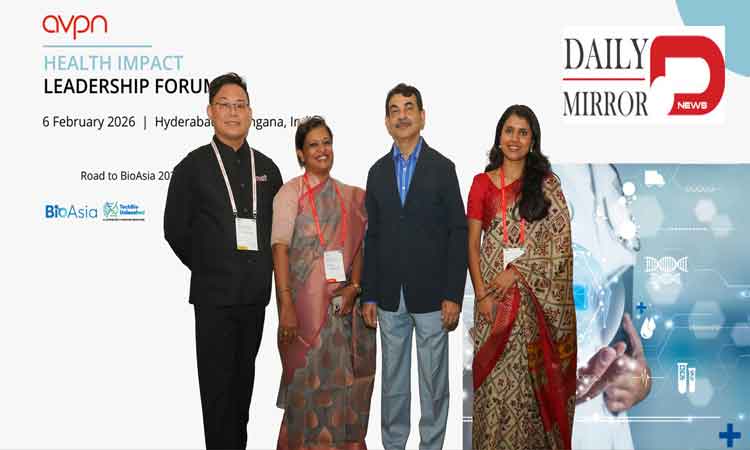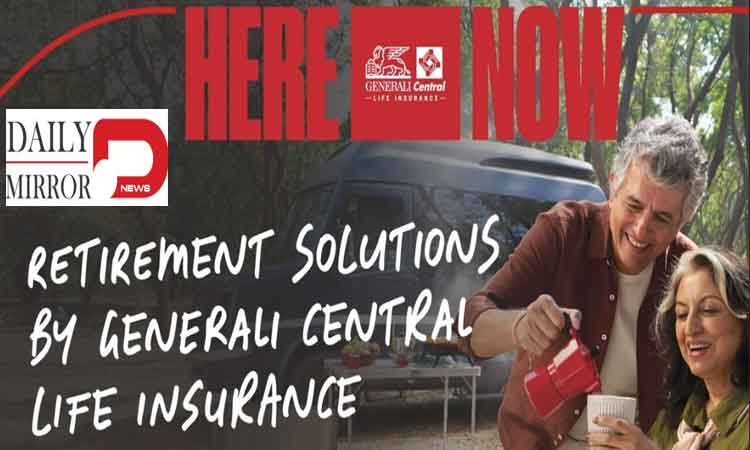
Dailymirror.news, October 2nd, 2024: Autism is one of the 21 types of disabilities recognized worldwide. When diagnosed early and provided with appropriate therapies, children with autism can lead lives comparable to their neurotypical peers. Unfortunately, due to a lack of adequate facilities and early intervention at the governmental level, many children remain undiagnosed, missing the chance for timely and appropriate treatment. This results in significant developmental setbacks, causing emotional, physical, and financial strain on both the children and their families.
Exploiting this gap in public healthcare, illegal therapy centers are proliferating across cities and towns. These centers, which lack the necessary resources, qualifications, and government licenses, are jeopardizing the lives of vulnerable children. By ignoring the guidelines set by the Department for the Empowerment of Differently Abled and Senior Citizens (DDEW), they offer substandard and misleading therapies for conditions such as autism, ADHD, speech delays, and other neurological disorders. Rather than providing help, these centers are causing further harm, leaving parents heartbroken and powerless.
“We went to these centers hoping for proper treatment for our children and to improve their lives, but instead, these illegal therapy centers are wasting precious time that we can never regain. They are exploiting us and jeopardizing our children’s futures,” shared a tearful mother.

Parents across the Telugu states are raising their voices, demanding immediate government action to shut down these unlicensed therapy centers. “These centers are not only exploiting our children but also toying with our hopes and mental well-being. We need the government to act swiftly, close these illegal establishments, and ensure that only licensed facilities are permitted to operate,” urged a concerned father.
Already burdened by the emotional and financial toll of caring for children with disabilities, parents are now crying out for protection from these unethical practices. With the lives of their children at stake, there is an urgent need for government intervention to take decisive action and safeguard these vulnerable families from further exploitation.







